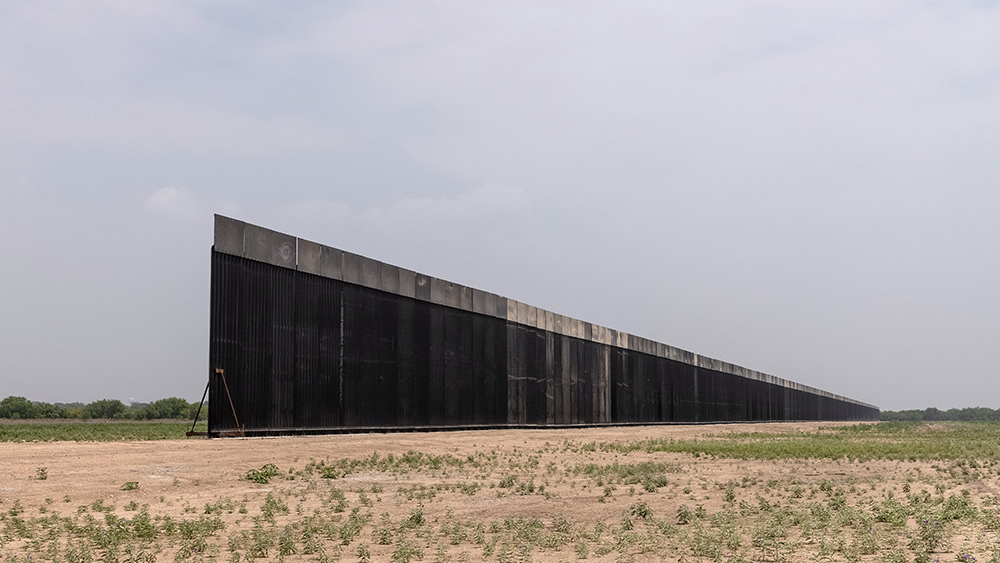 Parler
Parler Gab
Gab
Lower costs show demand for shipping down
Greg Miller of FreightWaves noted that his sources said rates have fallen due to "decreased demand for European goods, increased energy costs and vessel overcapacity on the trade." This trend can also be seen in American trade with Asia. In early March, plummeting cargo volumes made container rates sink to near $1,000 due to crashing demand. Laura Curtis, writing for Bloomberg, noted that importers on the West Coast are contributing to crashing demand because many of them are waiting for rates to drop even further before signing any deals with carriers. These carriers, meanwhile, are attempting to start negotiations at about $2,000 per FEU for shipping from Asia to the West Coast, which many importers are turning down. Many other shippers are starting negotiations with offers of $1,500 per FEU – and spot rates are going even lower. Xeneta CEO Patrik Berglund noted that fewer contracts are being signed with each passing month. "The prospects of carriers being able to maintain their current long-term rates here look slim, to say the least," he said. "With the current market uncertainty, framed by weak demand and both macroeconomic and geopolitical concerns, carriers will be bracing themselves for rates to head in the opposite direction during this year's tendering. We can expect to see some major falls, and that will, we expect, drag the [Xeneta index] down more sharply in months to come." "It's very, very difficult to see how carriers can maintain that elevated [rate] level," he continued. "Unless something drastic happens, I think the long-term contracts in the second half of the year will look very different to those that were valid at the start of 2023." Learn more about the world's transportation networks at SupplyChainWarning.com. Watch this video from Fox News discussing how the collapse of supply chains is one of the greatest threats to America's national security. This video is from the News Clips channel on Brighteon.com.More related stories:
Dockworkers at Southern California ports have been working without contracts since July. The climate cult is destroying international shipping … and global supply chains alog with it. PLUMMET: Maritime, rail and trucking demand DROPS sharply from pandemic era peak. Shipping rates drop 75% amid plummeting US retail demand. Freight companies expect "muted peak season" due to waning retailer demand. Sources include: FreightWaves.com Fibre2Fashion.com Bloomberg.com Brighteon.comAll over America, people are afraid to live their normal lives
By News Editors // Share
BRACE FOR IT: Mass illegal immigration to ensue once Title 42 ends TODAY
By Ethan Huff // Share
Texas to ship “thousands” more illegals to sanctuary cities like NYC as Title 42 ends
By Ethan Huff // Share
By Arsenio Toledo // Share
Josh Sigurdson: Closures of fast food chains signal looming global STARVATION
By Belle Carter // Share
Pentagon to announce another $1.2B weapons package for Ukraine – when does it end?
By Ramon Tomey // Share
Governments continue to obscure COVID-19 vaccine data amid rising concerns over excess deaths
By patricklewis // Share
Tech giant Microsoft backs EXTINCTION with its support of carbon capture programs
By ramontomeydw // Share
Germany to resume arms exports to Israel despite repeated ceasefire violations
By isabelle // Share










